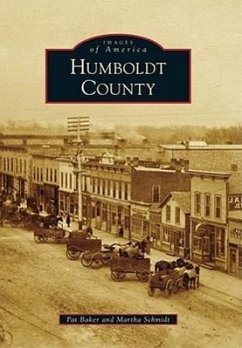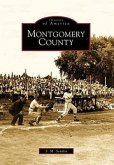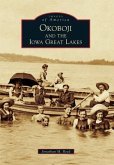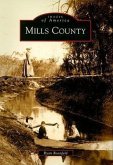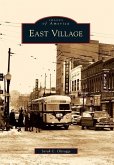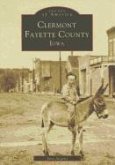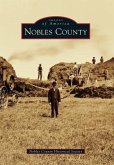The story of Humboldt County begins with a settlement of progressive dissenters and New England conservatives in north central Iowa. It is the tale of land-starved Scandinavian and Northern European immigrants who traveled to the area seeking rich soil for their farms. Early settlement in the county began in 1854, and Dakota City became the county seat. In 1863, the Reverend Stephen H. Taft brought a colony of his followers to form Springvale, now the city of Humboldt. After the coming of the railroad in 1879, the county prospered from the sale of agricultural products and equipment. Today, new industries are attracted to Humboldt County's skilled labor force, work ethic, and high quality of life. The combination of high-tech school facilities and a wide range of recreational opportunities attracts thousands of people every year.
Hinweis: Dieser Artikel kann nur an eine deutsche Lieferadresse ausgeliefert werden.
Hinweis: Dieser Artikel kann nur an eine deutsche Lieferadresse ausgeliefert werden.

